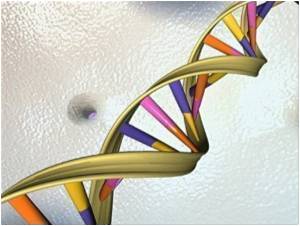
Subtle genetic variations contain clues to the diversity of mankind as well as human evolution and the development of the brain, according to the study published in both Nature and Science magazines.
"This study provides the first large-scale inventory of human genetic diversity," said Lynn Jorde, chair of human genetics in the University of Utah School of Medicine and co-author of the study.
Researchers initially recruited 60 residents of Utah to represent northern Europe, 60 Nigerians from Africa, and 30 Chinese and 30 Japanese to represent Asia for the study, and ended up sequencing the genomes of 179 people.
It is part of the 1000 Genomes Project Consortium -- an international collaboration of hundreds of geneticists aimed at cataloguing genetic diversity, and characterizing 95 percent of common human genetic mutations.
The study provided further evidence of recent natural selection in new genes, and supports the theory that humans are still evolving, Jorde said.
Advertisement
The research discovered a number of genetic mutations that occur often enough to be considered among the most common to occur in humans.
Advertisement
"People now have a catalogue for comparing their research results," Jorde said. "Our ultimate goal is to use this information to understand the causes of disease."
Source-AFP







